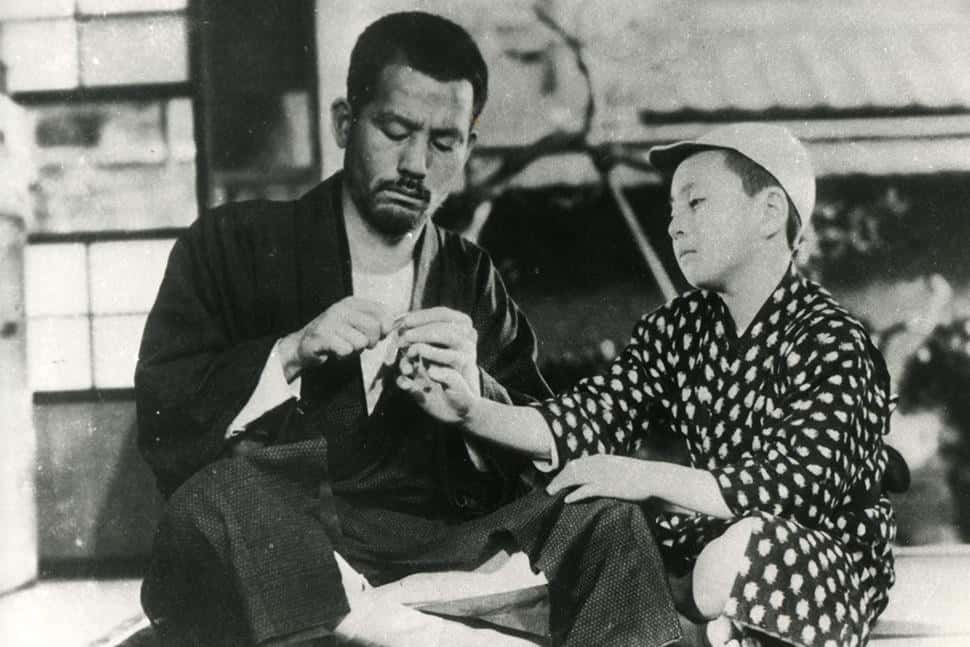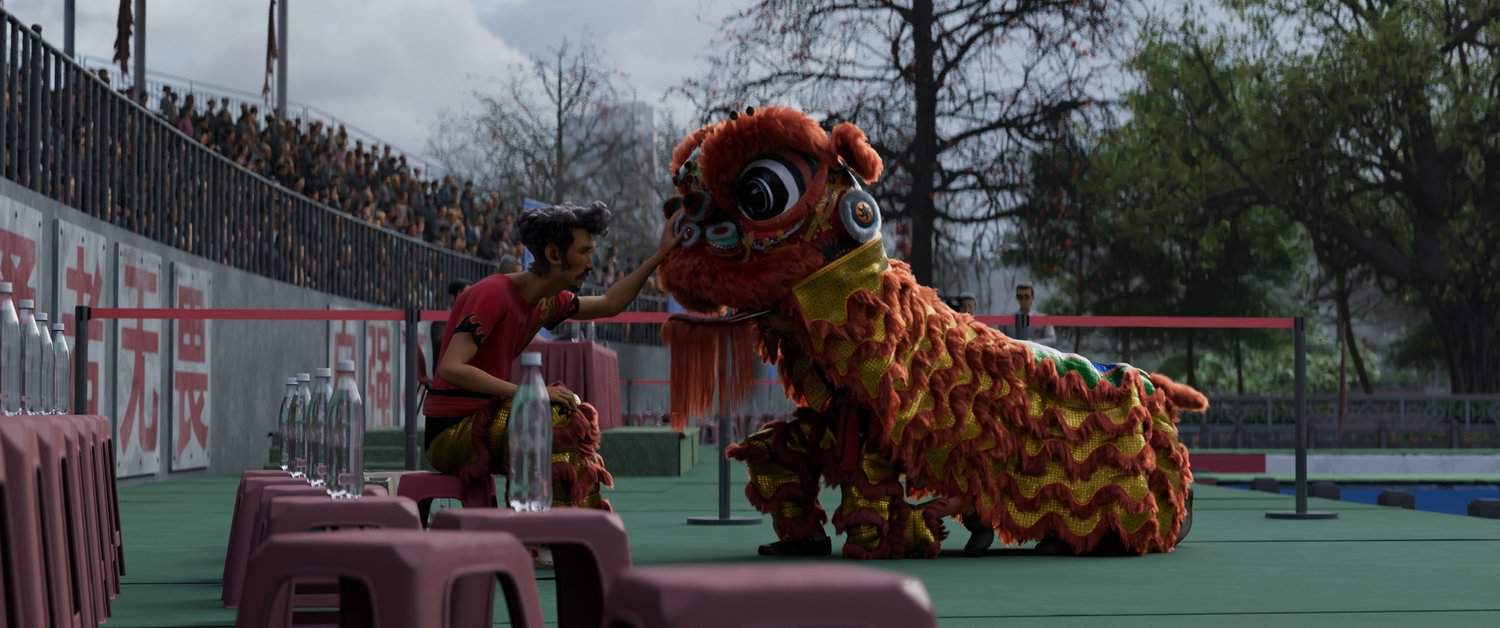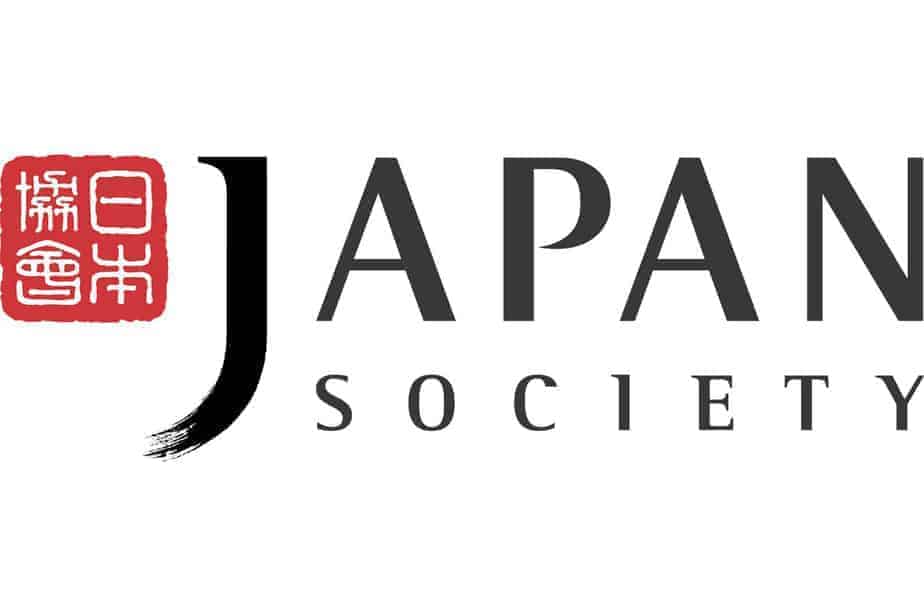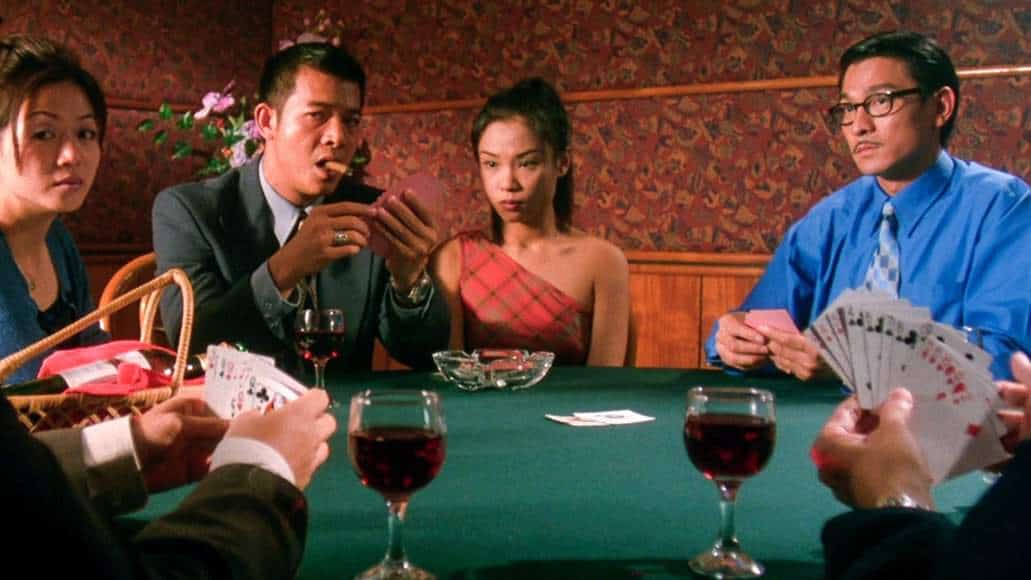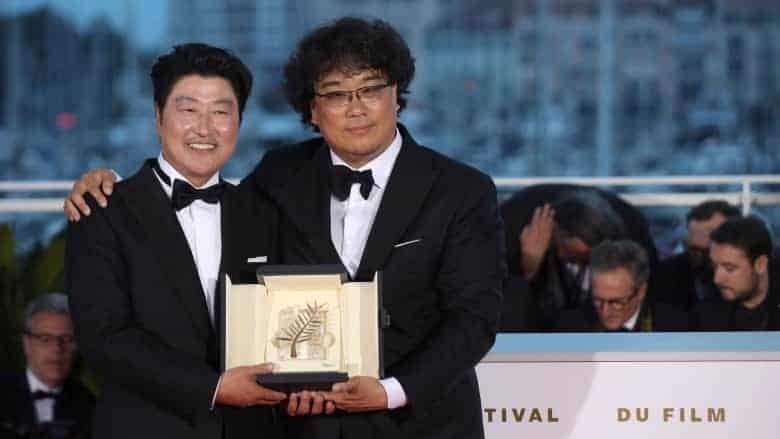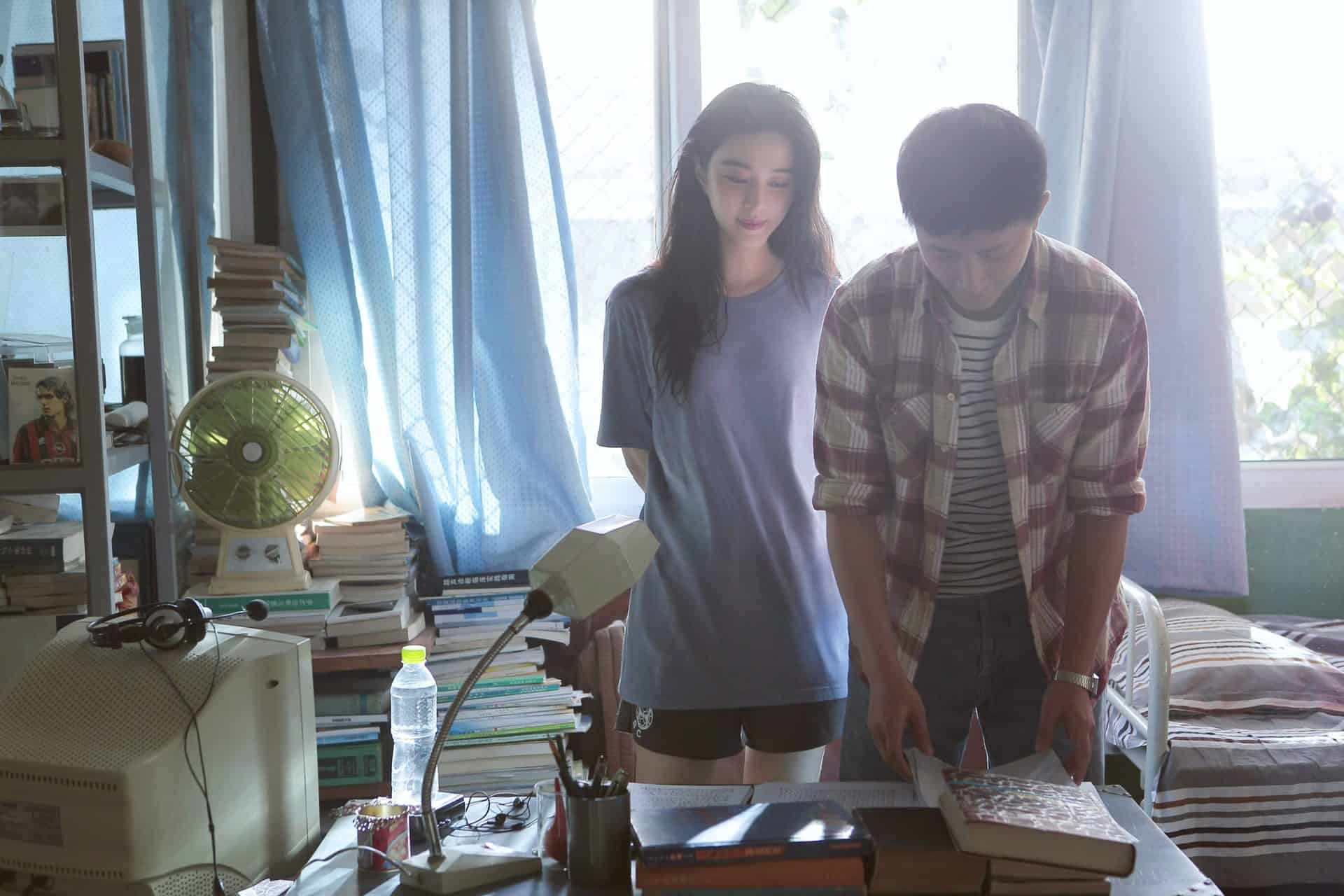Ozu first wrote “There Was a Father”, along Tadao Ikeda and Takao Yanai, in early 1937, soon after the release of “The Only Son” in September 1936 and just before he was drafted for the first time. After he returned to Japan, he revised it thoroughly, and the result was a triumph, with the movie winning the Second Prize in Kinema Junpo and having considerable success in the box office. The surviving print, a version cut by General MacArthur's sensors for postwar rerelease, was also the one Criterion released on DVD in 2010, but this year, Venice is screening a restored version that is 5 minutes longer.
“There Was a Father” is screening in Venice International Film Festival
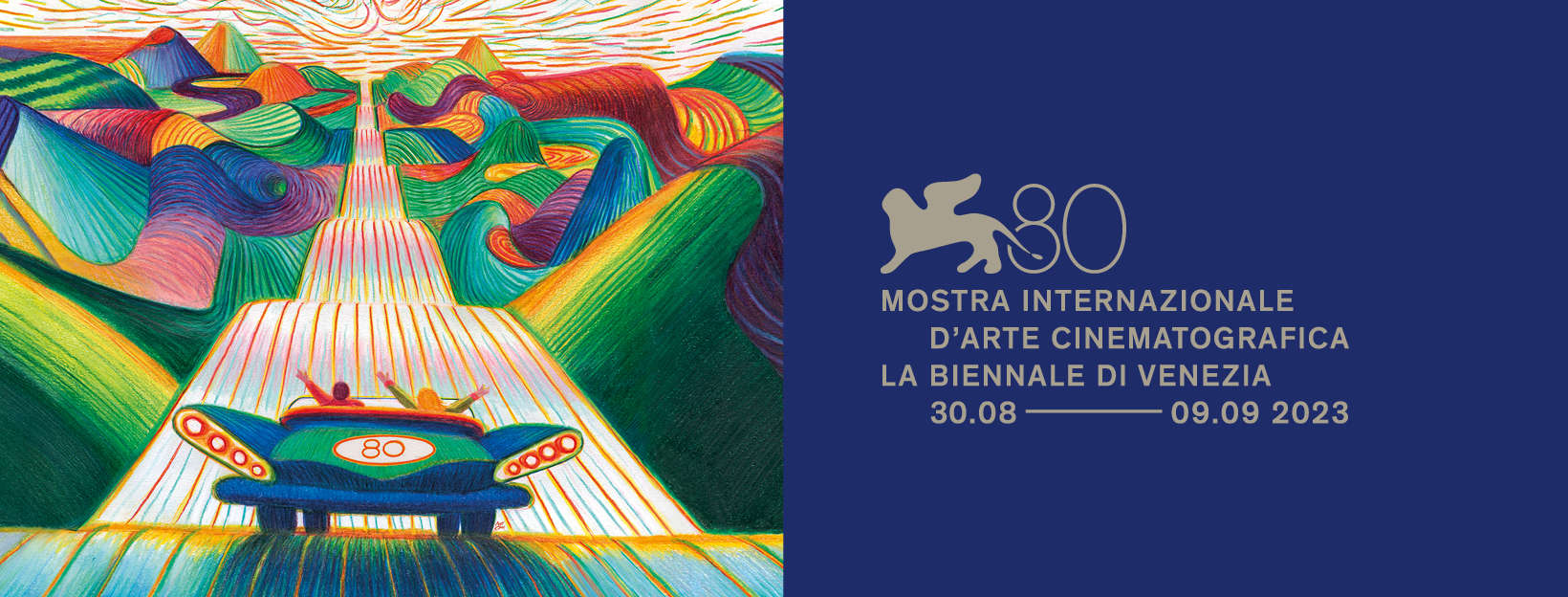
Shuhei Horikawa is a math teacher in middle school, who lives with his 10-year-old son, Ryohei, following his wife's death, with the boy studying in the same school. One day, while taking his class for an excursion, one of his pupils drowns after running off with a classmate. Shuhei blames himself, and quits his job. Eventually, and despite his son's tearful reaction, he enrolls him in a boarding school in Ueda, and he goes to work in Tokyo to finance his son's education. Years later, twenty-five-year-old Ryohei has finished college and he has become a school-teacher in Akira. Shuhei now works as a clerk in a Tokyo textile factory and the two meet occasionally, due to the distance of the two cities, but their love and respect is still quite palpable.
Considering the control the war government had on cinema at the time, it is by no surprise that Ozu came up with a movie that looks like a tender story about parental love, but essentially offers a rather patriotic message, as the relationship of father and son essentially mirrors that of the government and the citizens, respectively. The scene where Ryohei is crying because his father is leaving is indicative, as the fact that he eventually becomes a successful professional means that Shuhei's decision was hard but just and correct, just as the government's decisions were for the citizens. This analogy is also evident in the reunion scene, where their former students pay their respects to Shuhei and the school's retired headmaster Makoto Hirata, all appearing successful professionally and content husbands and fathers, implying that the guidance of their teachers and mentors (which again symbolize the government) was what led them to this success.
Furthermore, and in the same path, duty emerges as the highest value, even higher than that of filial love, with Ozu presenting father and son having a rather tender relationship, but also realizing that they have to stay apart to fulfill their duties, essentially being content with their role in society, however small, as dictated by an invisible and highest authority, which obviously implies the government once more.
Check also this interview
The aforementioned, however, do not prevent Ozu from presenting a rather captivating family drama, particularly through the relationship between father and son, which unfolds under the prism of generational links, essentially how a father gives his place to his son, especially his sense of duty and resolve. The naturalness of the relationship and the uneventful realism that characterizes it is impressive to watch throughout the movie, also benefiting the most by the acting.
In that regard, Chishu Ryu gives an astonishing performance as Shuhei, perfectly measured to the film's aesthetics, without a single moment of excessiveness, in another triumph of realism in the movie. The scene in the reunion, and particularly his drunken demeanor afterwards, is the apogee of his work here. Shuji Sano as adult Ryohei is also quite good, following the same approach with Ryu, although in a smaller part. The chemistry of the two is equally excellent, cementing the quality of the particular aspect.
Yuharu Atsuta's cinematography follows the trademark approach of Ozu, with the camera being placed in the ground in order to give a more intense sense of intimacy to the viewer, while the overall composition is, once more in a film by the Japanese master, impeccable. Special note should be made regarding the death scene, and the way the composition is broken, with Ozu managing to evoke a sense of terror and chaos, by placing his protagonist in a completely different position in the same frame with the previous scene, in a sequence that again, benefits the most by Ryu's acting. Lastly, Yoshiyasu Hamamura's editing results in a leisure pace that fits the general aesthetics of the movie. The somewhat awkward flashforward, and the obviously censored scenes do bring this aspect somewhat down, but not to a point to cause any harm to the movie.
Although relatively omitted from Ozu's filmography, perhaps for its intensely doctrined messages, “There Was a Father” is another great sample of his directorial abilities and an overall great film.


